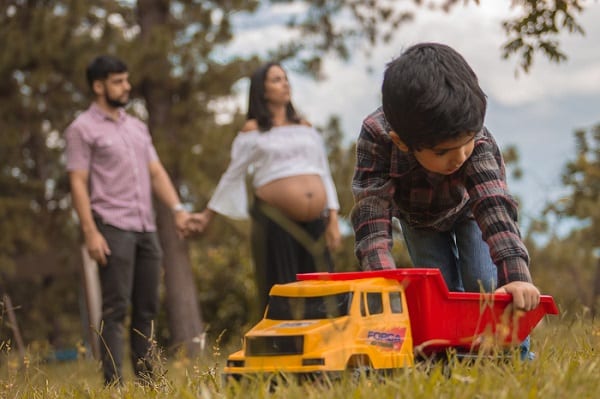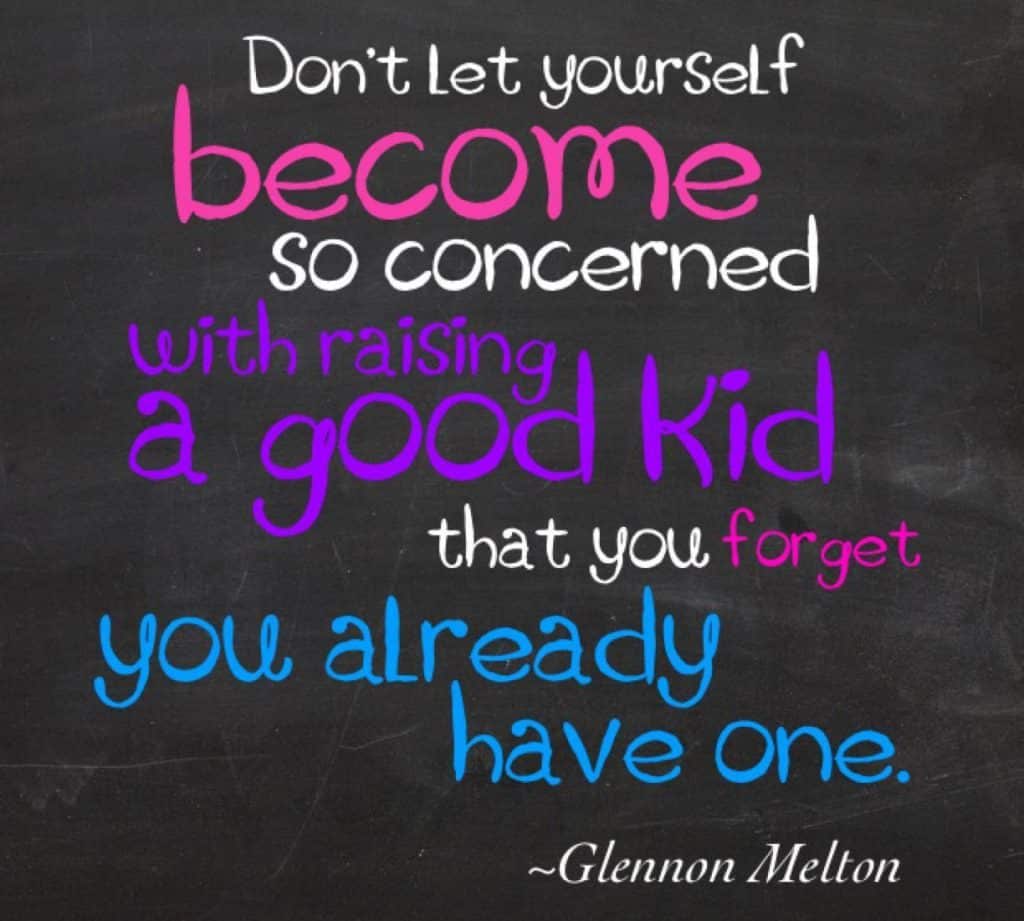There’s no doubt parents are the best advocates for their own children. However, advocacy, commitment, love and support should not become a career for parents that displaces personal growth, paid employment or defining oneself outside of the family. Let’s look at the difference between healthy advocacy and unhealthy blending that stops both parents and children from growing.

Healthy advocacy
Each year I meet dozens of hands-on, interested and engaged parents. They are vested in the success of their children. These parents are appropriately involved, curious about the children’s day, and spend time with their children in both play and more formal learning activities. They are close, but not their child’s only and best friend.
Parents are expected to advocate for their child. After all, not many others will – especially in a world where personal value is measured by externalities. These externalities take the form of certificates, ‘likes’, ‘shares’, ‘views’, ‘comments’ and other bubbles that burst on contact with air. Children however deserve better than self-centred, ‘esteem’ based, or debased, externalities.
Advocacy takes best form when parents are aligned with educators, sports coaches and other mentors. Advocacy helps a child be noticed when they are just another uniform in a sea of uniforms. In this regard, a teacher may need to be informed of a special need requiring remediation or extension, an interest, a transition, a personal family matter or other factor that can impact on learning or involvement.
Professional educators will not be afraid of an advocate and will not characterise them as “Tiger parents”. After all, professional educators know that parents are legitimately most vested to support their child who cannot speak for themselves.
READ ALSO: A plan to deal with bullies

Parents who need some separation
The other parents I meet each year are those lost in their role. Indeed so lost, that some are not separate from their child. Some members of this group of parents take their child’s utterances as truth, are continually astounded by their child, and treat their child as an adult equal.
These parents make their child vulnerable, reduce their resilience and are unable to set limits. They are over-caring and overbearing. They cannot see that their lack of separation is actually culling their child’s growth. These parents do not trust educators and continually look for signs that their child is not being valued, included, recognised or acknowledged.
Tiger parents
Others in this group are Amy Chua’s “Tiger parents”. Their input goes so far beyond advocacy that it could be classified as abuse. To these parents, educators will say (but alas not out loud), “I never need to know upon greeting you, what school your child attends or what university course they are doing or what they want to be when they ‘grow up’. Nothing could be less important to me. For what matters is that your child is safe and happy, not defined by brands or have a self-worth based on where they walk or how they talk, or what they have to be for you to value them.”

Parents needing a life, who try and live through their child
A third group of parents who need separation from their child are those that are too involved in the school, after-hours activities, and in every facet of their child’s life, year after year as they go through schooling. In primary schools, these parents volunteer to assist in-class, but really spy on their child, and compare their child to others. They get on the P&C ostensibly to contribute to the school, but really so that they can shape the school around the possibility of a future school leadership position for their child. The teacher’s ‘best friend’, these parents are reliving their childhood through their child, reconciling every hurt, every lost opportunity, every time they did not get noticed.
Unfortunately, in this approach their child essentially disappears. All children will grow up
This last group of parents are so vested they can forget to think of their own needs. And this is the essential point. For time brings change, increasing independence, a partner, and, for children intent on growing, questions and re-definition.
Parents who live vicariously through their children must be asked this question, “Who will you be when your child leaves?” Years of sacrifice, of trying to reconcile a lost childhood, can mean that parents miss their own life yet again.
READ ALSO: Facets of fatherhood – Happy Father’s day
Parents need goals
All parents must have a set of personal goals that stand in the world outside of their child’s world. This can mean returning to paid employment, developing an interest, creating a business, engaging in further education or something else. This of itself will be a powerful model for children to follow. It will mean that any advocacy role will be balanced against the parent’s pursuit of personal growth. Parenting involves sacrifice, commitment and balance. Balance means being allowed a life, whilst giving the child their own unencumbered life at the same time.



